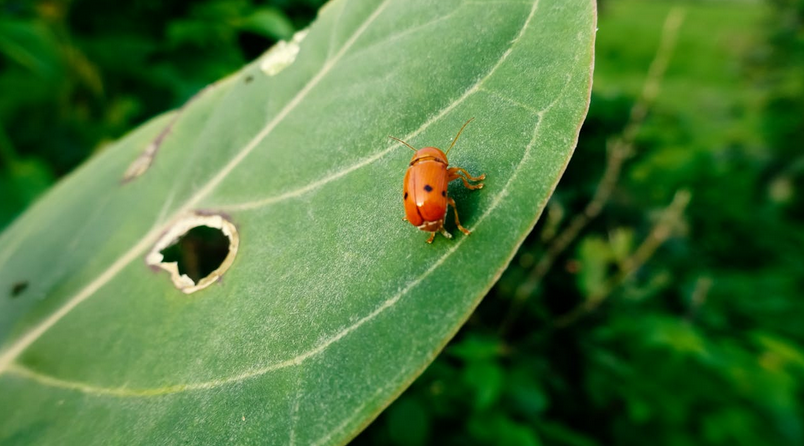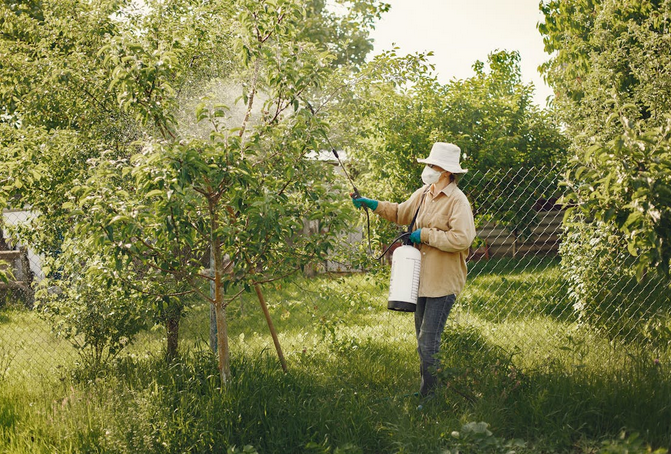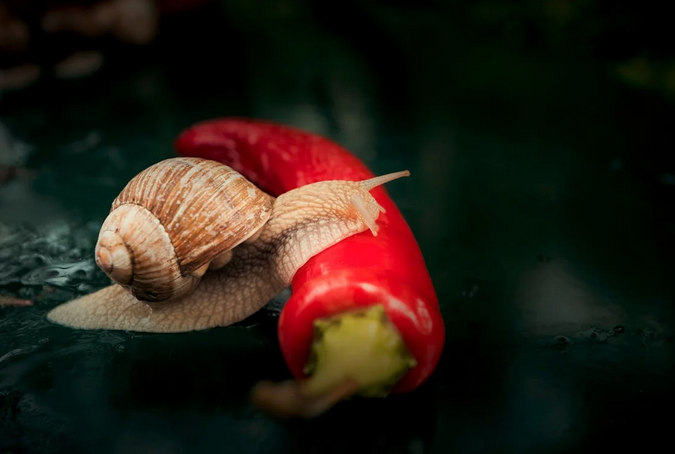Eco-Friendly Solutions for Pest Control
Pest control is vital to maintaining a healthy and comfortable living environment. However, traditional pest control methods often involve the use of toxic or harmful chemicals that can negatively impact the earth, human health, and beneficial insects. Fortunately, eco-friendly local pest removal solutions are always an option. These solutions are both effective and eco-friendly.
Here are some eco-friendly solutions for pest control that can help you keep your home pest-free while protecting the planet.
Natural Predators

One of the most successful and ecologically friendly pest control tactics is to introduce natural predators into your garden or house. Beneficial insects can aid in managing pest populations without using chemical pesticides. Ladybugs are natural aphid predators, whereas parasitic wasps can assist in managing caterpillar and fly populations. Encouraging these helpful insects is as simple as growing a variety of flowers and plants that attract them or purchasing them from a gardening store. This method not only reduces the use of harmful chemicals but also supports biodiversity.
Physical Barriers
Physical barriers are another eco-friendly solution for pest control that can prevent pests from entering your home or garden. These barriers can include screens, nets, and row covers, which physically block pests from accessing plants or indoor areas. For instance, installing fine mesh screens on windows and doors can keep out mosquitoes and other flying insects, while using row covers in the garden can protect crops from insects and birds.
Organic Pesticides

Organic pesticides, made from natural ingredients, provide an effective alternative to synthetic chemical pesticides. These products are derived from plants, minerals, and other natural sources and are designed to target specific pests while minimizing harm to other organisms and the environment. Common organic pesticides include neem oil, diatomaceous earth, and insecticidal soaps. Neem oil, for example, comes from the neem tree and is effective against a variety of pests, such as aphids, mites, and whiteflies. Diatomaceous earth, derived from ancient algae, operates by destroying insects’ exoskeletons, causing them to dehydrate and die. Using organic pesticides helps reduce the environmental footprint of pest control efforts and promotes healthier ecosystems.
Companion Planting
Companion planting is a sustainable gardening practice that involves growing certain plants together to naturally repel pests and promote plant health. This method takes advantage of plants’ natural properties to deter pests or attract beneficial insects. For example, planting marigolds around vegetable gardens can help repel nematodes and aphids, while basil planted alongside tomatoes can deter tomato hornworms and improve the flavor of the tomatoes. Companion planting not only helps control pest populations but also enhances soil health, reduces the need for chemical fertilizers, and promotes a more diverse and resilient garden ecosystem.
Eco-friendly pest control solutions offer a sustainable and effective way to manage pest problems without harming the environment. By utilizing natural predators, organic pesticides, physical barriers, and companion planting, homeowners can protect their homes and gardens from pests while promoting ecological health and biodiversity. These methods not only reduce the reliance on harmful chemicals but also support a healthier and more balanced ecosystem.…




